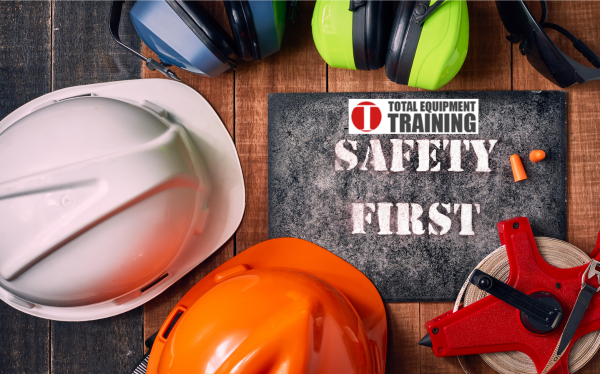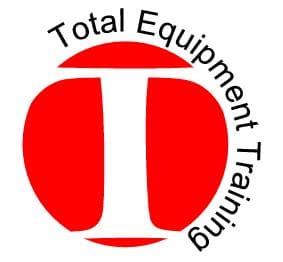
Safety PPE – Case Study Examples:
Accidents Caused by Absence/Improper PPE
- Falls from heights
- Burns from exposure to high temperatures or reactive chemicals and substances
- Choking, asphyxiation, suffocation, and loss of consciousness from harmful gases and/or insufficient oxygen supply to the brain
- Poisoning due to exposure to harmful substances –solids, liquids, and gases
- Piercing, from pointed objects
- Cutting and/or shredding from sharp-edged objects and surfaces
- Fractured, broken, or shattered bones from falls, impacts with heavy objects, or falling loads
- Permanent disability from loss of limbs
- Permanent loss of senses, such as blindness, deafness
Among these accidents and several others that are often site-specific, the most severe result is death. Personnel should insist on safe working conditions and alert regulatory authorities if any established safety standards are not being met.
Costs of Absence/Improper PPE
- Company’s loss of reputation to both potential employees and clients.
- Closure of the company for failure to comply with laws and regulations.
- Expensive lawsuits and subsequent settlements (e.g. in hospital bills) to the injured and bereaved.
- Delayed project delivery times from unwilling staff and inspection bodies with authority to halt work until standards are met
- Low personnel morale arising from unsafe work conditions
- Citations and penalties for non-compliance with regulations

